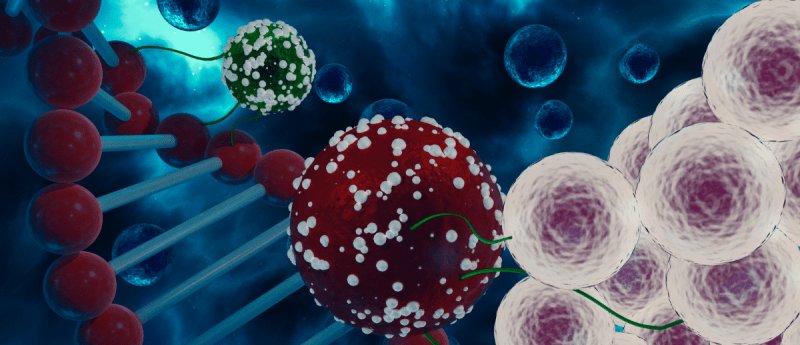Understanding cystic fibrosis: pro-inflammatory stem cell variants and their drivers

Researchers at the University of Houston receive a US$2.7 million grant from the National Heart, Lung, and Blood Institute to investigate pro-inflammatory stem cell variants in cystic fibrosis (CF).
Stem cell researchers Frank McKeon and Wa Xian at the University of Houston Stem Cell Center (TX, USA) were recently awarded a $2.7 million grant for their laboratory to investigate pro-inflammatory stem cell variants in cystic fibrosis and develop therapeutic combinations to specifically target these in the CF lung, leaving healthy cells needed for regenerative repair.
CF is a progressive and inherited disease that limits breathing and causes chronic lung infections. CF is caused by a defect in the cystic fibrosis transmembrane conductance regulator (CFTR), resulting in the production of thick mucus clogging the lungs and causing chronic inflammation and lung disease.
It was previously thought that the inflammation of CF lung was a typical response to bacterial infection, but recent studies have shown that this may not be the case. “That raised the possibility that inflammation and perhaps other pathogenic features of CF, are maintained by elements that emerge in the disease that are entirely independent of CFTR activity,” said McKeon. This may also be a similar situation with the inflammation seen in chronic obstructive pulmonary disease (COPD), as inflammation is still observed after patients quit smoking.
By cloning stem cells from normal lungs, the team found there to be three stem cell variants driving the pathology of COPD. “Given the known pathological similarities between COPD and cystic fibrosis, we asked whether the cystic fibrosis lung is also dominated by pathogenic stem cells,” said Xian. “We generated stem cell libraries from four CF lungs that showed not only the three variants seen in COPD but two additional, proinflammatory variants.”
Researchers hypothesize that it is these stem cell variants which have key roles in CF disease progression, independent of the CFTR gene. To identify the inflammatory drivers of these variants, they will use CRISPR-cas9 gene editing to create rapid cell models.
“CRISPR-Cas9 genome editing, coupled with our xenograft models, offers a powerful and feasible means of assessing the hierarchy of factors secreted by these three pro-inflammatory stem cell variants found in the CF lung,” said Xian. “This is a race against time for patients with CF and other chronic lung diseases, and the targets are now clear”.
Source: University of Houston. Stem Cell Cloning Experts Unraveling Cystic Fibrosis (2022).